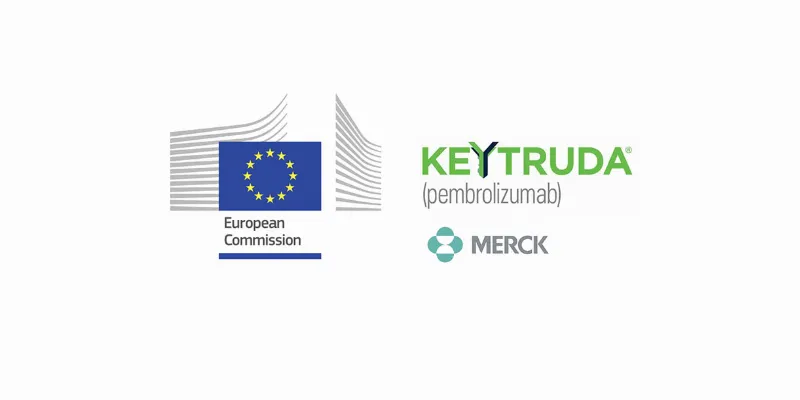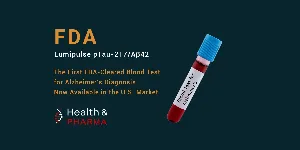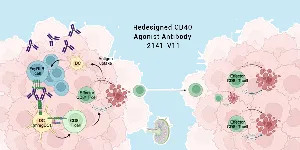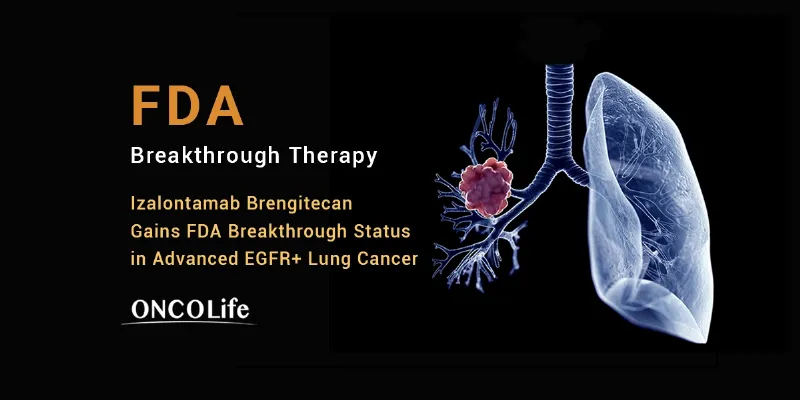European Commission Greenlights KEYTRUDA for Gastric and Biliary Cancers

18 December 2023
Merck has announced the European Commission's approval of KEYTRUDA for advanced gastric and biliary tract cancers, marking a significant breakthrough in cancer therapy. Combined with specific chemotherapies, KEYTRUDA has demonstrated significant improvements in survival rates in clinical trials.
The European Commission's (EC) approval of KEYTRUDA (pembrolizumab), combined with targeted chemotherapies, for advanced HER2-negative gastric and biliary tract cancers, represents a major advancement in cancer therapy. KEYTRUDA combined with chemotherapy significantly improved overall survival, reducing death risk by 22-26% compared to chemotherapy alone in PD-L1 expressing tumors. KEYTRUDA, a Merck-developed anti-PD-1 therapy, has now broadened its therapeutic scope in the EU, covering seven gastrointestinal cancer indications.
The EC's decision follows the positive recommendations from the Committee for Medicinal Products for Human Use and is based on the compelling overall survival results from the Phase 3 KEYNOTE-859 and KEYNOTE-966 trials. The two new indications approved are:
- In Advanced Gastric Cancer: KEYTRUDA, combined with fluoropyrimidine- and platinum-containing chemotherapy, is now approved for the first-line treatment of adults with locally advanced unresectable or metastatic HER2-negative gastric or gastroesophageal junction (GEJ) adenocarcinoma, specifically in tumors expressing PD-L1 (CPS ≥1).
- In Biliary Tract Cancer: KEYTRUDA, used with gemcitabine and cisplatin, is approved for the first-line treatment of adults with locally advanced unresectable or metastatic biliary tract carcinoma (BTC).
These approvals follow positive recommendations from the Committee for Medicinal Products for Human Use and are based on the outcomes of the KEYNOTE-859 and KEYNOTE-966 trials, which showed significant improvements in overall survival.
“KEYTRUDA has shown its potential as an important treatment option in the EU across a number of gastrointestinal cancers, with seven indications based on data from our extensive clinical development program,” said Dr. Marjorie Green, SVP and Head of Late-Stage Oncology, Merck RL. “With these two new approvals of KEYTRUDA-based regimens in advanced HER2-negative gastric and gastroesophageal junction cancer and advanced biliary tract cancer, Merck continues to demonstrate progress in providing treatment options to patients in Europe.”
In the KEYNOTE-859 trial, KEYTRUDA plus chemotherapy showed a significant improvement in overall survival (OS) in the patient population, reducing the risk of death by 22% compared to chemotherapy alone. Particularly in patients with PD-L1 expressing tumors, the reduction in death risk was even more pronounced at 26%. Similarly, the KEYNOTE-966 trial demonstrated a meaningful improvement in OS with KEYTRUDA plus chemotherapy, reducing the risk of death by 17% compared to chemotherapy alone.
The safety profile of KEYTRUDA plus chemotherapy has been rigorously evaluated in thousands of patients across various tumor types. While the incidence of Grade 3-5 adverse reactions is notable, it's a balance of risks and benefits that many patients are willing to consider in the face of advanced cancer.
This approval by the European Commission allows the marketing of these KEYTRUDA regimens across all 27 EU member states, as well as in Iceland, Liechtenstein, Norway, and Northern Ireland. It signifies not just a regulatory nod but a significant step forward in the collective fight against gastrointestinal cancers.
About KEYTRUDA (pembrolizumab) injection, 100 mg
KEYTRUDA® (pembrolizumab) injection, 100 mg, is an innovative anti-PD-1 therapy enhancing the immune system's ability to detect and combat tumor cells. It's a humanized monoclonal antibody that interrupts PD-1 and its ligands, PD-L1 and PD-L2, activating T lymphocytes, impacting tumor and healthy cells. Merck leads in immuno-oncology research, with over 1,600 trials of KEYTRUDA in various cancers and settings, aiming to understand its role and identify predictive biomarkers for patient benefits.











Comments
No Comments Yet!